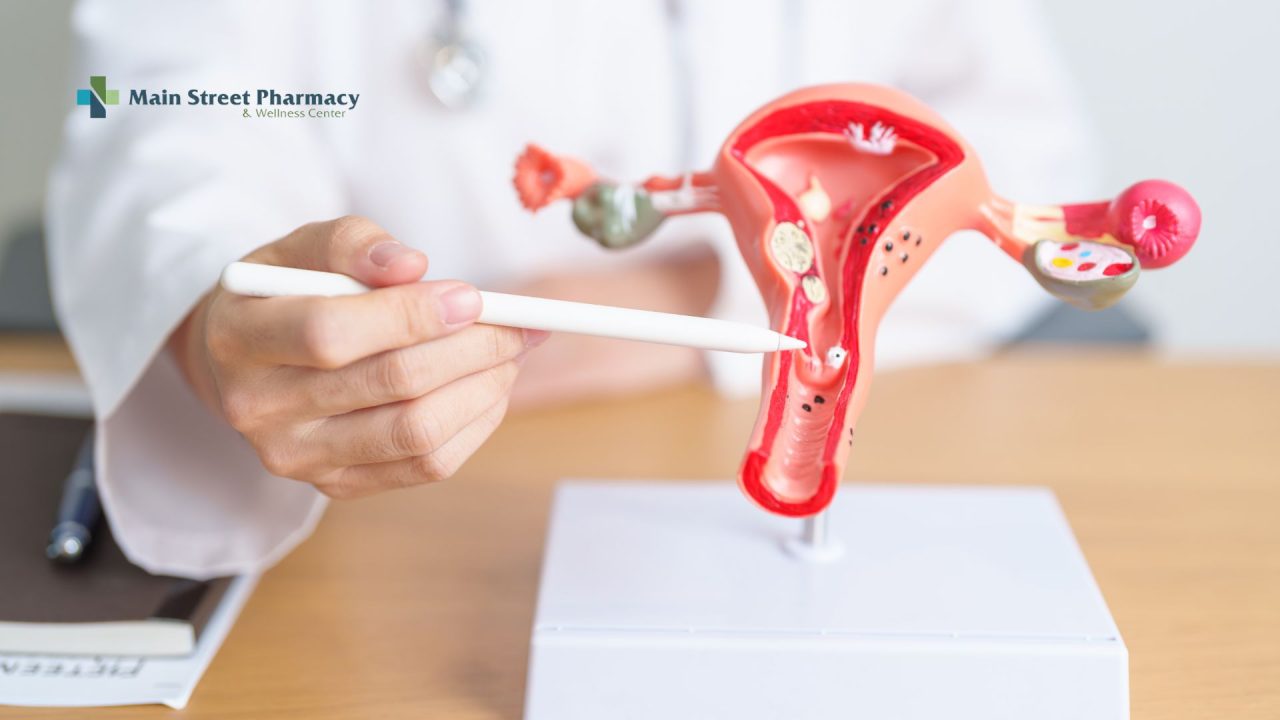Reproductive health is a cornerstone of women’s overall well-being, affecting not only physical health but also emotional and social dimensions. Understanding and addressing reproductive health issues is essential for women to lead empowered, healthy lives. This blog explores the various facets of women’s reproductive health, the importance of education and access to healthcare, and the need for breaking down societal barriers.
The Spectrum of Reproductive Health
Reproductive health encompasses a wide range of issues, including menstrual health, contraception, fertility, pregnancy, childbirth, and menopause. It also involves the prevention and treatment of reproductive system disorders, such as endometriosis, polycystic ovary syndrome (PCOS), and cancers of the reproductive organs.
- Menstrual Health: Menstrual health is fundamental to women’s reproductive health. Understanding the menstrual cycle, managing menstrual hygiene, and addressing menstrual disorders like dysmenorrhea and irregular periods are crucial. Education about menstrual health can dispel myths and reduce stigma, allowing women to seek appropriate care and support.
- Contraception and Family Planning: Access to contraception and family planning services enables women to make informed choices about if and when to have children. This autonomy is vital for women’s health, education, and economic opportunities. Contraceptive options range from oral contraceptives and intrauterine devices (IUDs) to permanent solutions like tubal ligation, allowing women to choose the method that best suits their needs.
- Fertility and Infertility: Fertility issues affect many women and couples. Understanding fertility, including the factors that affect it and the treatments available, is essential. Infertility treatments, such as in vitro fertilization (IVF), have advanced significantly, offering hope to those struggling to conceive. However, these treatments can be emotionally and financially taxing, highlighting the need for comprehensive support systems.
- Pregnancy and Childbirth: Pregnancy and childbirth are significant events in a woman’s life. Access to quality prenatal care ensures the health and well-being of both the mother and the baby. Prenatal care involves regular check-ups, nutritional guidance, and monitoring for potential complications. Childbirth practices and options, including natural birth, cesarean sections, and birthing centers, should be discussed and respected to empower women in their birthing choices.
- Menopause: Menopause marks the end of a woman’s reproductive years and can bring various physical and emotional changes. Education about menopause, including symptom management and health risks like osteoporosis and heart disease, is essential. Supportive healthcare can help women navigate this transition smoothly.
The Importance of Education and Access to Healthcare
Education and access to healthcare are pivotal in ensuring women’s reproductive health. Comprehensive sex education from an early age provides women with the knowledge they need to make informed decisions about their reproductive health. This includes understanding their bodies, recognizing signs of reproductive health issues, and knowing where to seek help.
Access to healthcare services, including regular check-ups, screenings, and reproductive health services, is equally important. Affordable and accessible healthcare enables women to receive timely diagnosis and treatment, preventing complications and improving health outcomes. Policies and programs that support women’s health, such as subsidized healthcare, maternal health programs, and reproductive health clinics, play a crucial role.
Breaking Societal Barriers
Societal barriers, including stigma, discrimination, and cultural taboos, often hinder women from seeking the care they need. Open dialogue and education can help break down these barriers. Societies must challenge harmful stereotypes and practices, promote gender equality, and support women’s rights to make decisions about their bodies and health.
Women’s reproductive health is a vital component of overall health and well-being. By fostering education, ensuring access to healthcare, and breaking down societal barriers, we can empower women to take control of their reproductive health. This not only improves individual lives but also strengthens families and communities, contributing to a healthier, more equitable world. Empowering women in their reproductive health journey is not just a healthcare issue; it is a fundamental human rights issue.






